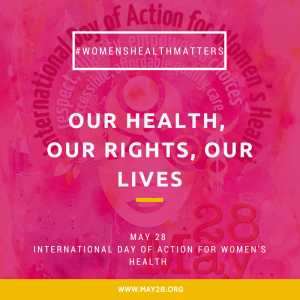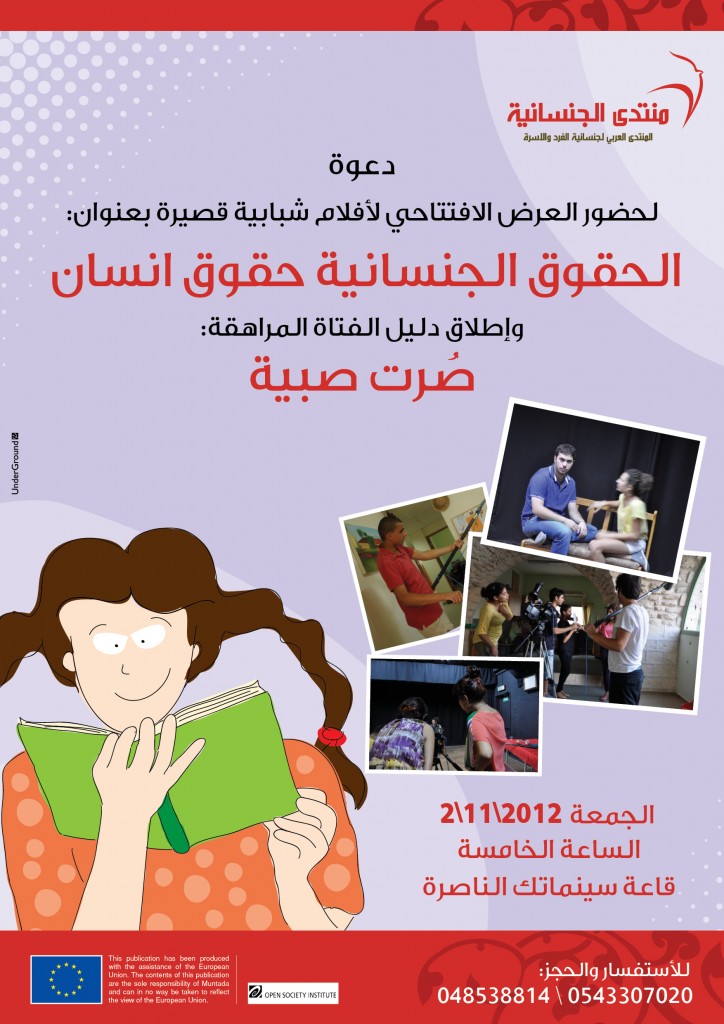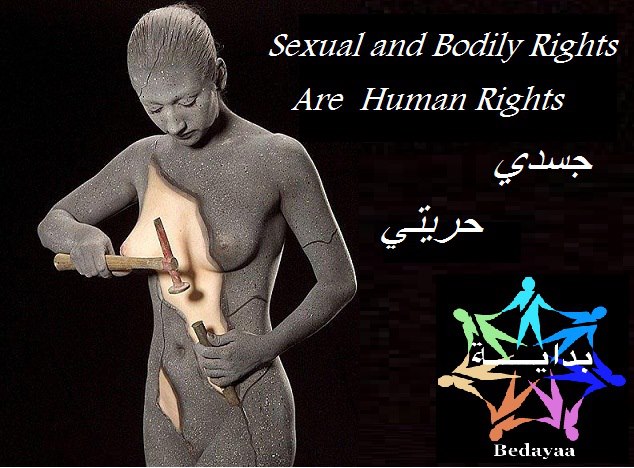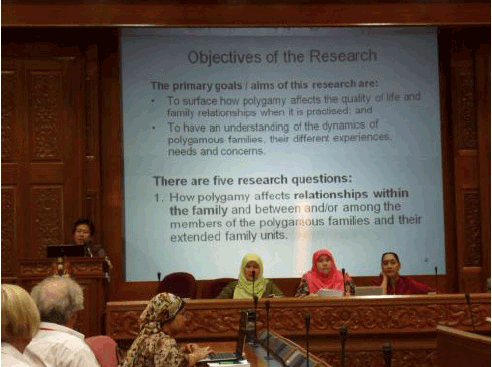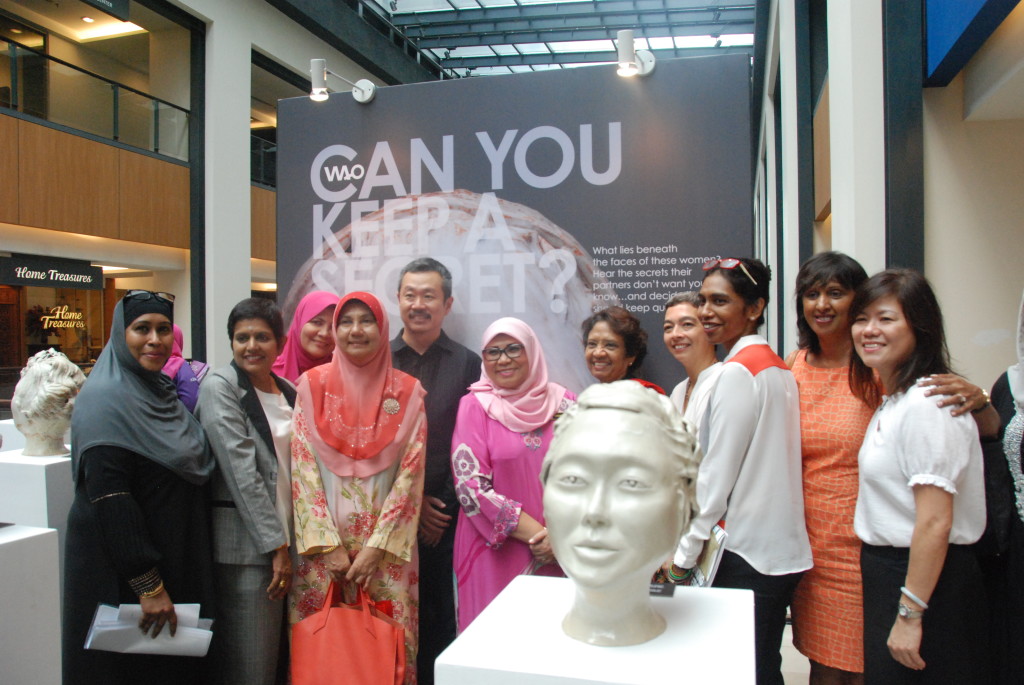
Kuala Lumpur, 23 June 2015 – Women’s Aid Organisation (WAO) revealed their annual “Working Together: Case Studies in Domestic Violence Response, 2015 Report”, simultaneously launching their public education campaign with a ceramic art installation entitled, “Can You Keep A Secret?” in collaboration with Leo Burnett/ Arc Worldwide Malaysia today in Publika. The launch was officiated by the Minister of Women, Family and Community Development, YB Dato’ Sri Rohani Abdul Karim.
The report details the experiences of domestic abuse survivors and the challenges they faced in obtaining protection and justice. WAO also compiled a comprehensive list of recommendations directed towards relevant government authorities.
“Can You Keep a Secret?” is aimed at raising awareness on domestic violence and will be on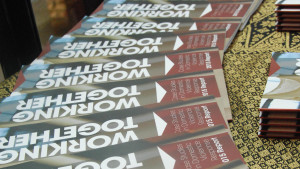 display at the Blue Bridge on Level G3 of Publika, featuring live-size ceramic head sculptures representing everyday women who could be victims of abuse. The twelve ceramic heads feature different stories of domestic violence survivors, drawing the public’s attention and urging them to speak out when it matters most – when they notice abuse.
display at the Blue Bridge on Level G3 of Publika, featuring live-size ceramic head sculptures representing everyday women who could be victims of abuse. The twelve ceramic heads feature different stories of domestic violence survivors, drawing the public’s attention and urging them to speak out when it matters most – when they notice abuse.
Artist James Seet from Leo Burnett/ Arc Worldwide Malaysia volunteered his time and skills to create the sculptures as it was an issue he strongly wanted to champion. “Ceramic art was used to mirror real stories of survivors, representing the fragility of abused victims. Masking their internal emotions with a strong façade, victims develop deep mental and emotional scars that affect their wellbeing,“ Seet said.
“In line with Leo Burnett’s Humankind philosophy of creating work that influences behaviour, we hope to be able to bring the severity of domestic violence to attention through this art installation. This issue will not resolve overnight, but with the little exposure and education on this topic, we hope to encourage Malaysians to take action when they come across domestic violence,” James added.
“The Ministry of Women, Family and Community Development prioritises women’s rights, and is working towards achieving gender equality. Malaysia is committed to our obligations to Convention on the Elimination of All Forms of Discrimination against Women (CEDAW). The Ministry strongly supports efforts by government and non-governmental agencies to assist survivors of domestic violence,” the Minister stressed.
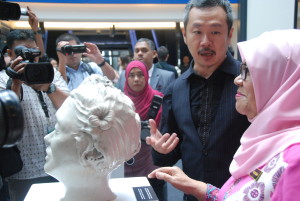 The Minister also noted that there were strengths and weaknesses in the response system for domestic violence survivors, which the report points out. The Minister added that her Ministry would “consider all suggestions and recommendations that WAO has raised in the report to better address domestic violence.”
The Minister also noted that there were strengths and weaknesses in the response system for domestic violence survivors, which the report points out. The Minister added that her Ministry would “consider all suggestions and recommendations that WAO has raised in the report to better address domestic violence.”
Sumitra Visvanathan, Executive Director of WAO, emphasised the importance of multi-stakeholder collaboration in addressing domestic violence. She stated, “All relevant bodies, including non-governmental organisations (NGOs) and government agencies such as hospitals and the police must work together to improve our response to domestic violence and continue to ensure that victim-survivors have access to the crucial support and assistance that we collectively provide.”
The report highlights the key role of police as first-responders in most domestic violence cases. From the 110 victim-survivors surveyed, 68 (61.8%) of them sought help from the police before anyone else.
“The police play a vital role in domestic violence response. It is exceedingly important that officers receive proper support and training to deal with these cases,” Visvanathan further commented.
Another highlight in the report is breakthrough developments in the courts where domestic violence cases are tried. For example, a victim impact statement (VIS) was successfully used in convicting a perpetrator. In another case, the perpetrator was successfully jailed for breaching a protection order, a first in Malaysia.
WAO Vice-President Tashia Peterson said at the launch, “Domestic violence must not be seen as normal; women have the right to a life free from violence. We want the public to recognise that and realise that we all have a part to play in ending domestic violence.”
“We would also like to thank Leo Burnett/ Arc Worldwide Malaysia for helping to make our campaign a success,as well as the office of Datuk Paul Low Seng Kuan, Minister in the Prime Minister’s Department, and Brickfields Asia College (BAC) for their generous support towards publishing the report. Thank you as well to Publika for providing us the space to conduct these initiatives,” she added. `
The art installation will be on display in Publika, on the Blue Bridge on Level G3, until the 22nd of July. It will then exhibited in other locations.
The report is available for download at bit.ly/WAOreport.
Women’s Aid Organisation (WAO) provides temporary shelter, social work and counselling services for domestic violence survivors and advocates for women’s human rights. Call our counselling line at 03 7956 3488 or SMS TINA at 018 988 8058 if you or someone you know is experiencing abuse. Together, we change lives.
For more information, contact: Kristine Yap, kristine.wao@gmail.com

